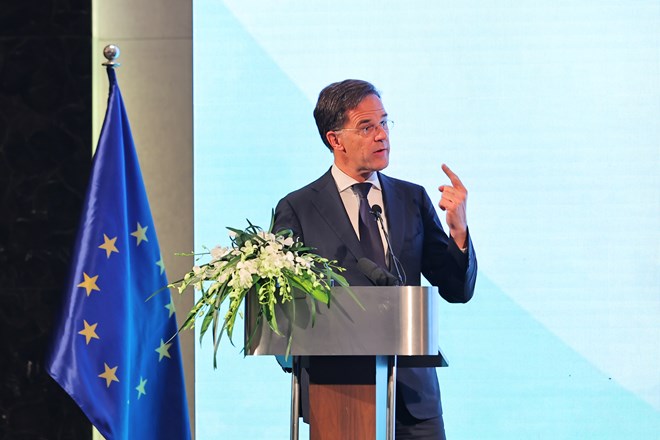
Developing a circular economy
EU Ambassador to Vietnam Julien Guerrier said that it is important to recognise that natural resources are finite. The demand for these resources continues to increase globally. In a highly competitive environment, maximising recycling efforts is of paramount importance for the common good. The current “take-make-dispose” model is outdated and unsustainable.
“In the EU, we want to make sustainable products. Circularity becomes the norm. The target is that by 2030, at least 15% of the annual consumption of primary raw materials in the EU will come from recycling. This is even more urgent given the volatility in raw material prices and supply chain disruptions over the years. There is no other way but to increase the production of recycled materials.
“The EU and Vietnam share common interests in the transition to a green, low-emission economy. Such common interests are of particular importance in shaping bilateral cooperation through the Just Energy Transition Partnership (JETP), through which the EU will provide significant resources to accompany Vietnam,” said Mr. Guerrier.
The ambassador assessed that Vietnam has demonstrated its leadership in clean energy in Southeast Asia. To maintain this position, it is necessary to ensure the security and sustainability of the energy system, in particular by increasing renewable electricity to diversify the energy mix, increasing investment in renewable energy sources, promoting energy efficiency measures and establishing strong, favorable legal frameworks to attract much-needed investment.
With regard to food security, sustainable agricultural practices, responsible resource management and investment in research and development are needed. Through this process, Vietnam can ensure efficient use of resources while maintaining its important role in global food trade.
Boosting public investment
World Bank Country Director for Vietnam, Ms. Carolyn Turk said: Power Master Plan VIII requires an investment of about 135 billion USD. Of which, 20 - 30 billion USD should be allocated for public investment. That is the premise in using public investment to promote private investment.
“We need to have the right transmission plants. Without public investment, there will be no private investment. Let’s create a mechanism to get the money flowing, not just on paper, to encourage private investment,” said Ms. Turk.
Mr. Olivier Rousselet - CEO of BNP PARIBAS in Vietnam - analyzed that financial mechanisms have begun to enhance their role over the past decade. Global banks, investors, asset management companies... are now identifying and committing to the goal of energy transition... This is an important framework for determining project financing mechanisms. This needs to be consistent with the strategy and in line with the energy transition process.
"In Vietnam, I see that energy transition has had positive momentum in the past two years. The State Bank has grasped the situation well and has put forward a green financing framework with the goal of being able to move in the right direction to develop a green financing framework," he assessed.
Source


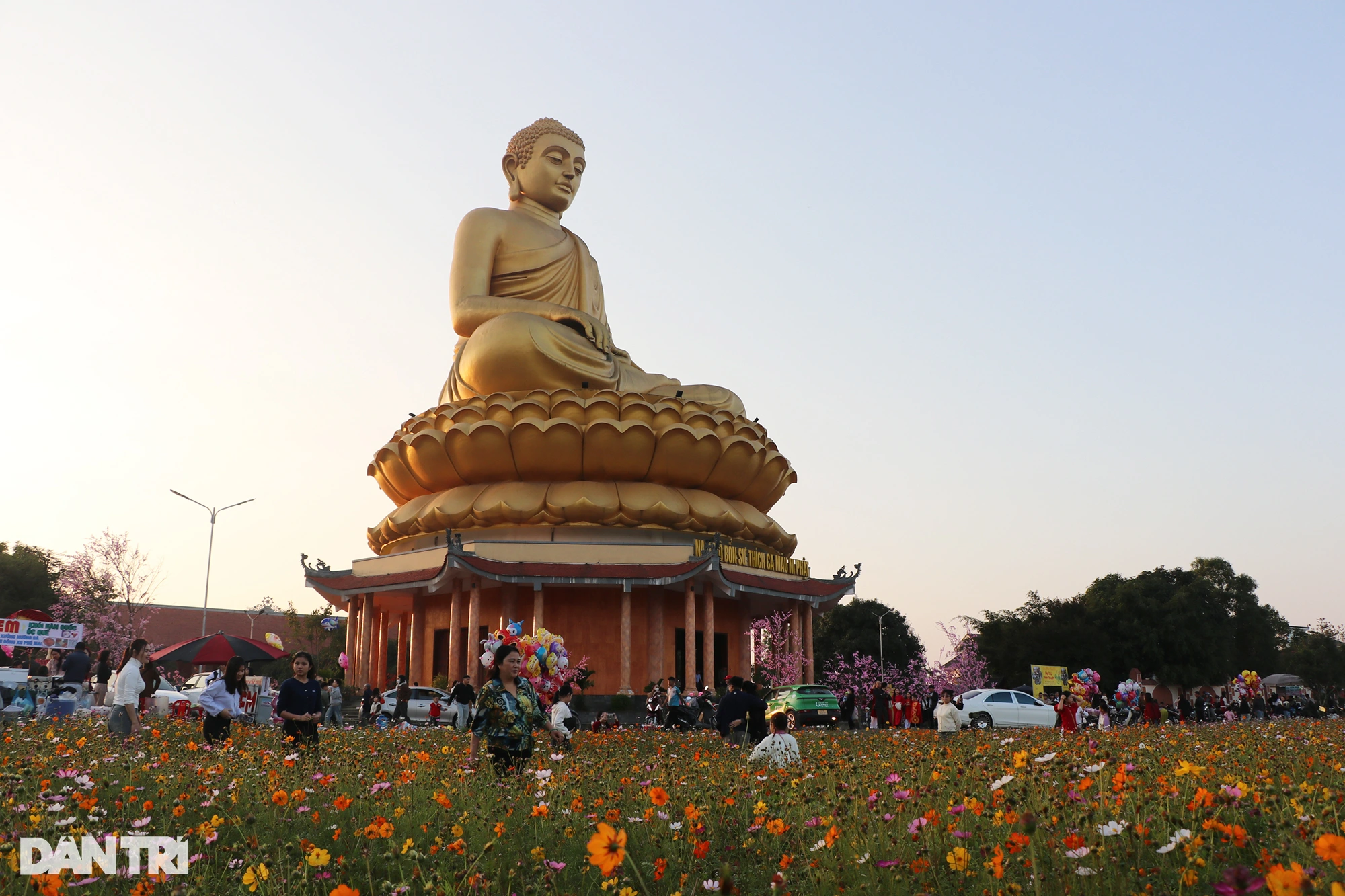



















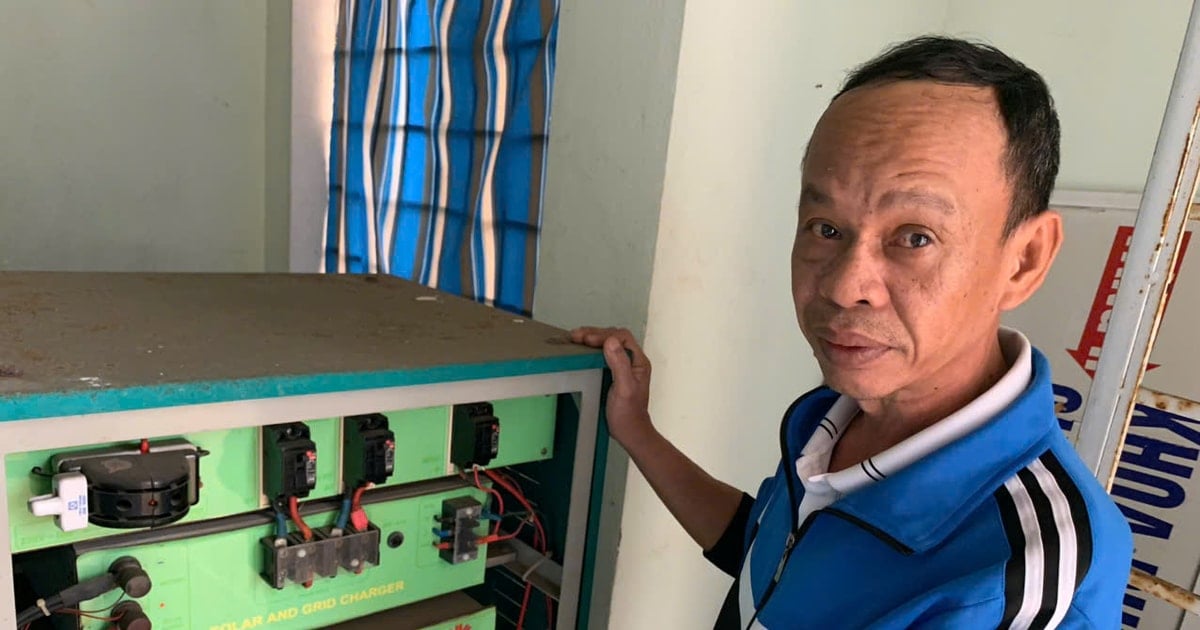
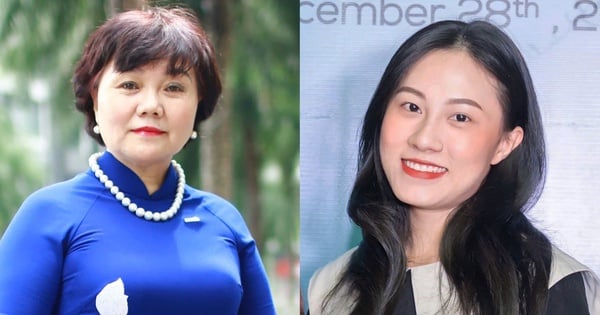



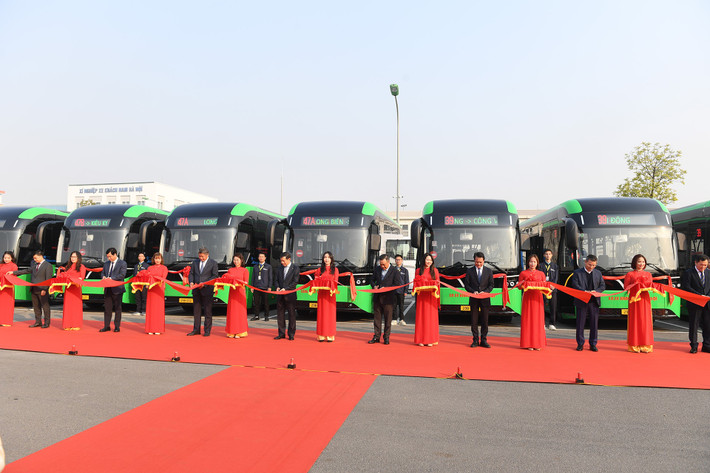

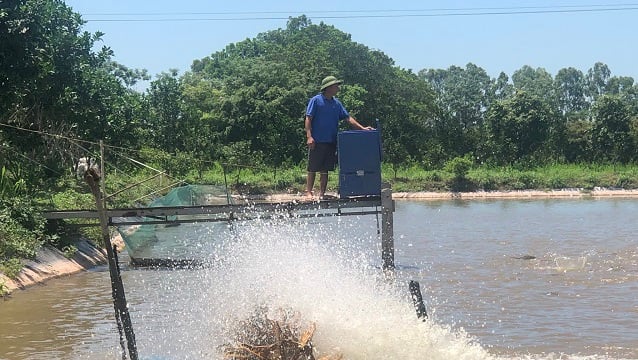

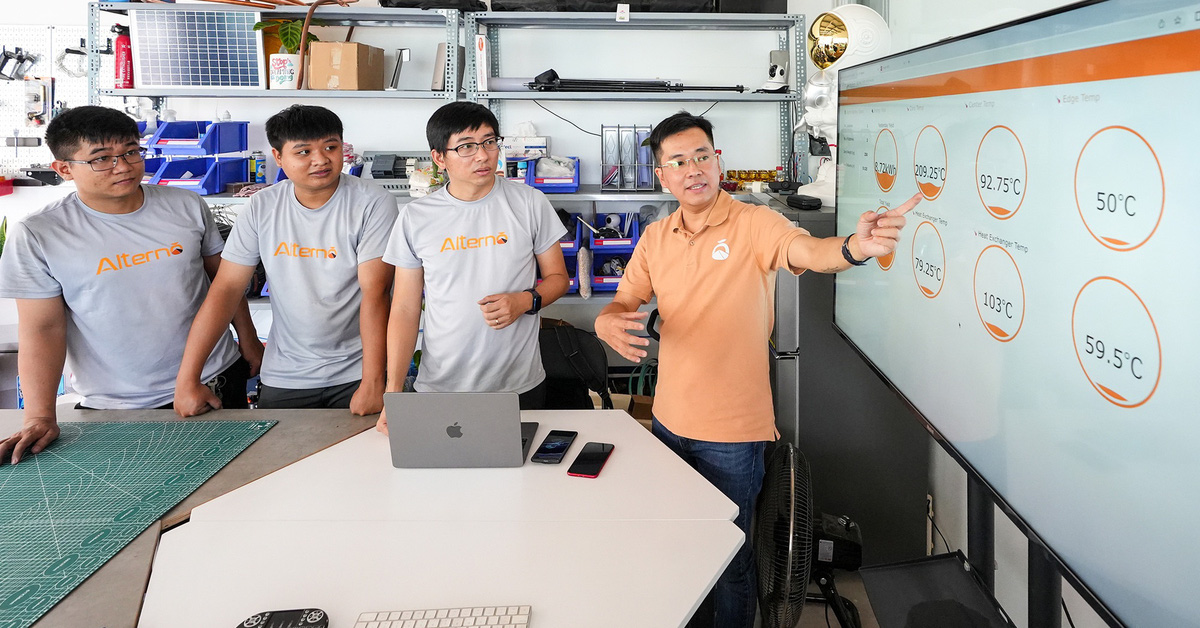





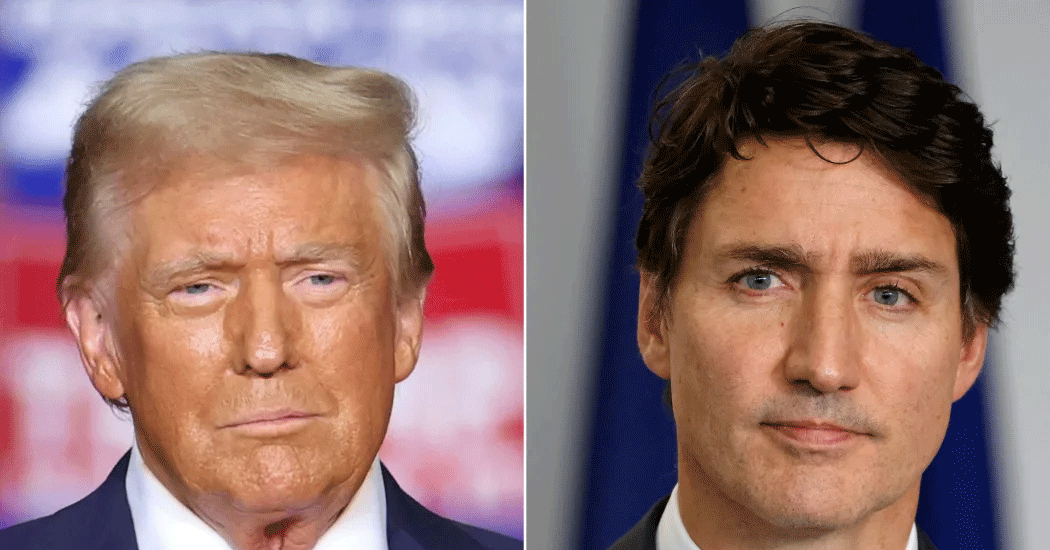




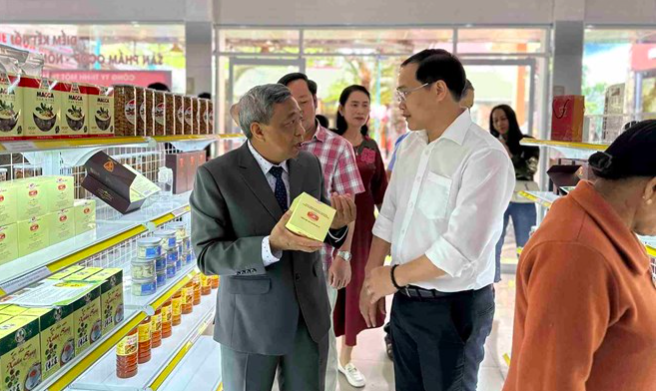







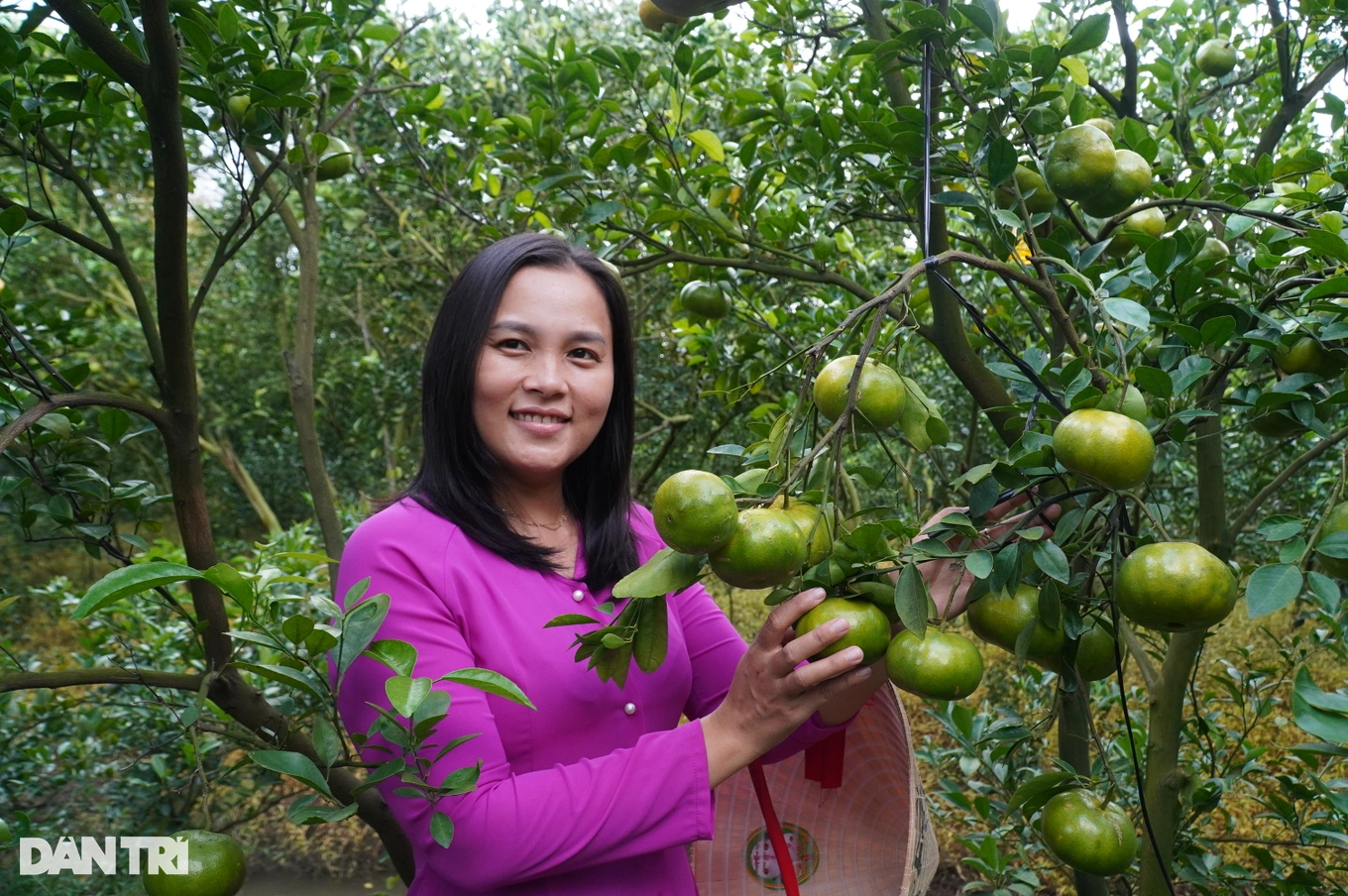








Comment (0)